Racism in the English countryside is ‘getting worse’, with abuse too often tolerated or even normalised, according to a controversial new report.
A two-year project by University of Leicester academics concluded the countryside is ‘often perceived as a predominantly White space’ which leaves ethnic minorities feeling like ‘outsiders’.
But rural campaigners have rejected the findings as ‘nonsense’ which are not ‘supported by the evidence’, pointing out that urban areas record far more race hate crimes than rural areas.
The conclusions of the academics were described by one source as giving ‘every appearance of having been decided before any research was done’.
The researchers interviewed 115 people and 20 community groups for the ‘rural racism project’ and found ‘most participants felt that racism in rural England is getting worse’.
Some of those surveyed reported experiencing overt racist abuse while in rural England ‘without sanction or repercussions’ which created a sense ‘such behaviour is tolerated or even normalised’.
But the report also claimed ‘non-verbal cues’ such as ‘incessant staring’ and ‘unfriendly body language’ made individuals from ethnic minority backgrounds feel ‘unwelcome’.
In another section of the report, researchers claimed individuals from minority backgrounds were disadvantaged because they did not always own walking kit like wellington boots and found it ‘daunting’ to plan rambling routes in advance.
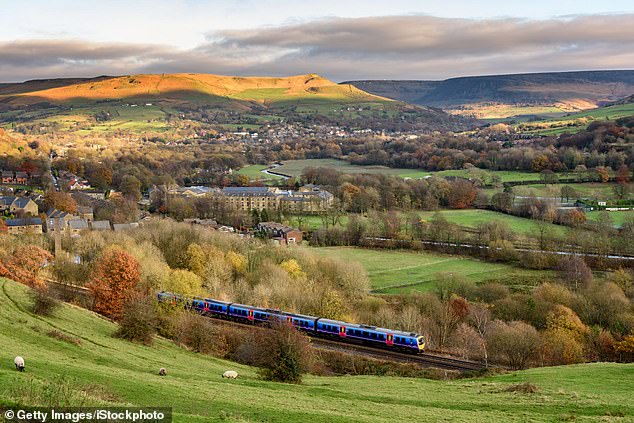
A report found racist abuse in rural England occured ‘without sanction or repercussions’ which created a sense ‘such behaviour is tolerated or even normalised’
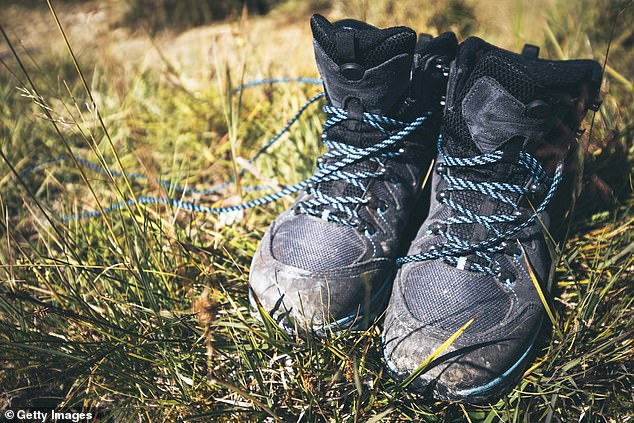
Researchers claimed individuals from minority backgrounds were disadvantaged because they did not always own walking kit like walking boots
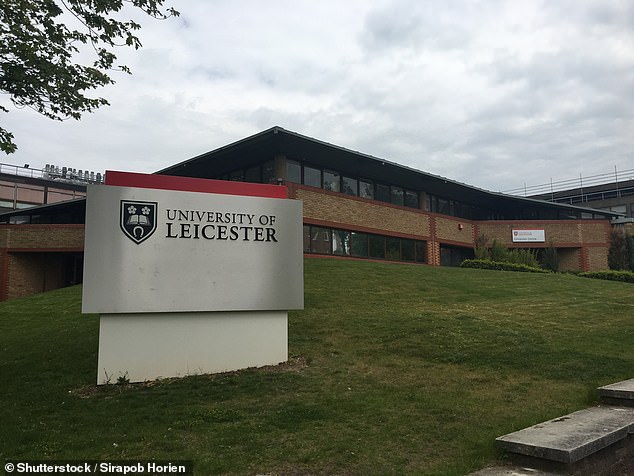
University of Leicester academics interviewed 115 people and 20 community groups and found ‘most participants felt that racism in rural England is getting worse’.
‘Planning and preparation were seen as necessary but often complex and taken for granted by many White residents who had grown up accessing rural spaces in this way,’ the report said.
The Countryside Alliance was among the groups to take part in the study, but it criticised the findings.
Chief executive Tim Bonner said: ‘We would never downplay any individual act of racism which must be confronted wherever it arises, but the narrative that rural communities are inherently more racist than urban ones is just nonsense.
‘Recent government hate crime statistics show an inverse relationship between rurality and racist hate crimes.’
He added: ‘The suggestion that racism is so pronounced in rural areas as to justify continual special attention is therefore not supported by the evidence which may explain why this study has shied away from examining data in favour of collating anecdotes.
‘Ironically, those who peddle the narrative of a racist countryside are actually showing their own prejudice against rural people.’
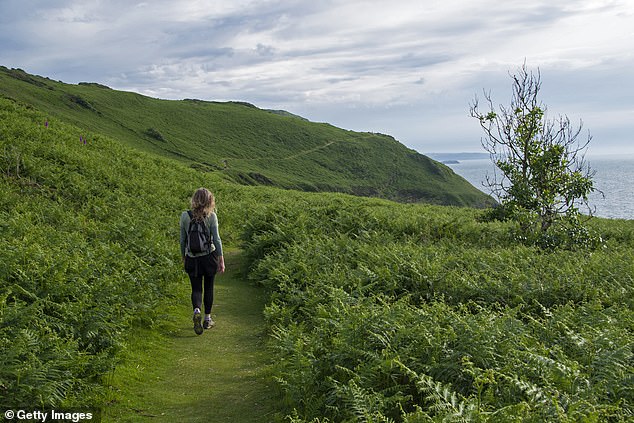
The report claimed ‘non-verbal cues’ such as ‘incessant staring’ and ‘unfriendly body language’ made individuals from ethnic minority backgrounds feel ‘unwelcome’.
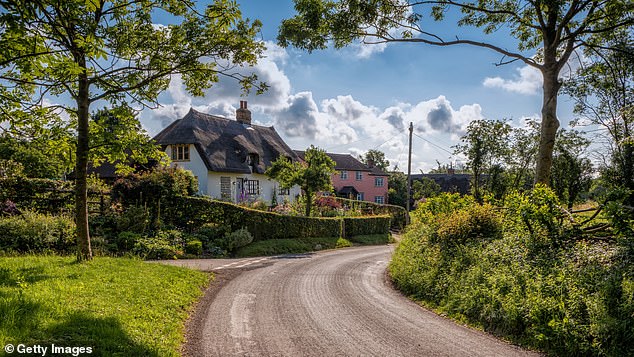
Rural campaigners have rejected the findings as ‘nonsense’ which are not ‘supported by the evidence’, pointing out that urban areas record far more race hate crimes than rural areas.
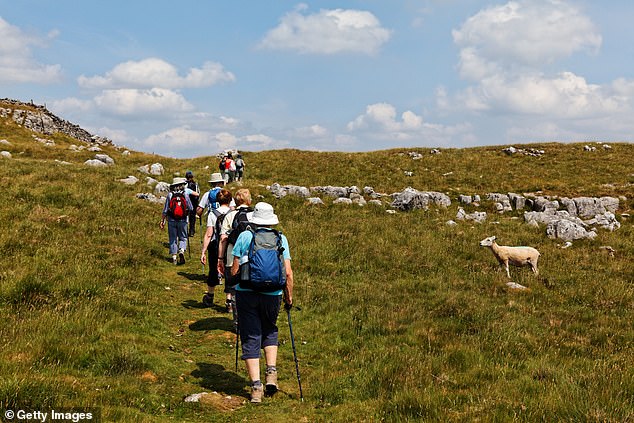
The report suggested the lack of racial diversity in the countryside was part of the problem
The report sought to minimise the significance of hate crime data, claiming that many racist incidents went unreported and that the true scale was likely much higher.
It highlighted how individuals from ethnic minority backgrounds reported experiencing racism as early as primary school – ‘from slurs to dehumanising noises and being mis-associated with terrorism’.
Other participants in the study described being frequently asked ‘where are you really from?’, which led to many feeling they were seen as ‘outsiders’ in rural areas ‘regardless of their personal connection with the place’.
The report suggested the lack of racial diversity in the countryside was part of the problem, saying: ‘Many participants contrasted the visible diversity of urban spaces with the lack thereof in rural spaces, and thus navigating the countryside often relies on a kind of intuitive radar to stay safe.’
But Dr Viji Kuppan, one of the researchers involved in the project, also said: ‘While our research uncovered the seriousness of racism in rural areas, many participants from minoritised ethnic backgrounds also spoke of a deep appreciation and connection to the English countryside.
‘At the heart of our research is an invitation to redouble our efforts to reimagine rural England as a place of belonging, one that embraces multiple histories, identities, and futures.’












